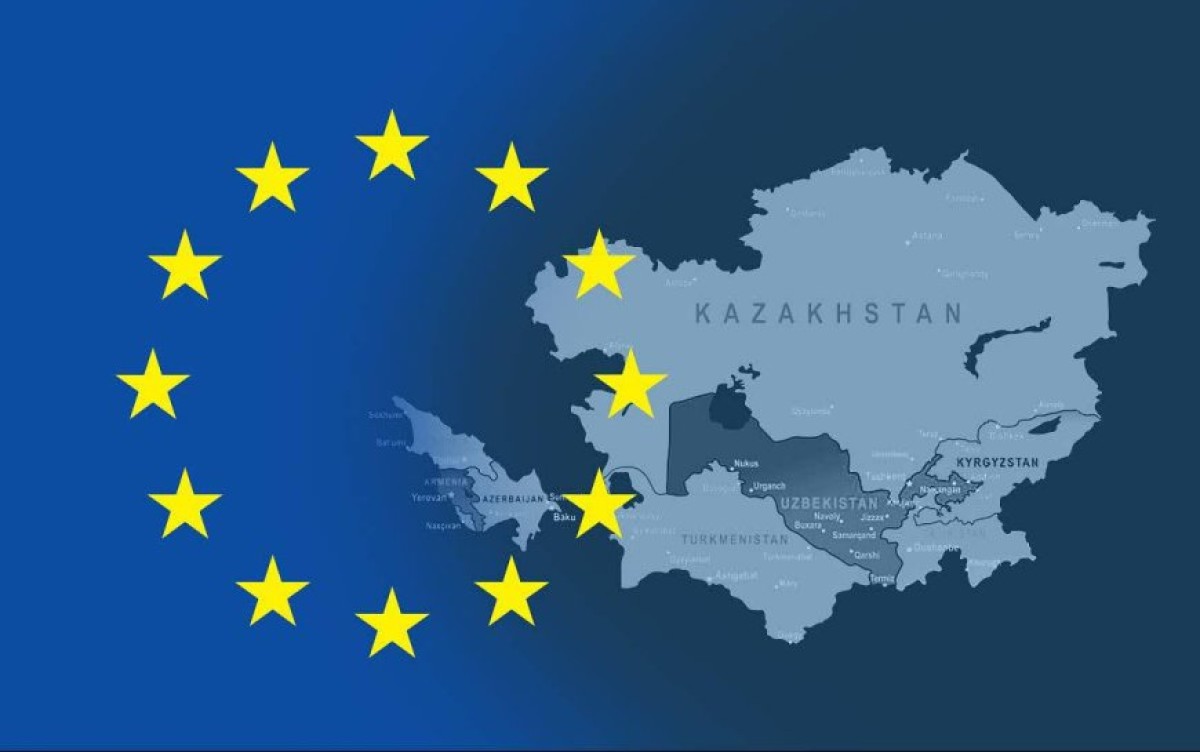 248
248
As Moscow has shifted its attention away from Central Asia since the onset of the conflict in Ukraine, the Europeans have evinced a growing desire to play an alternative role in the resource-rich Central Asia.
Joseph Burrell, who is at the helm of the EU's foreign policy, called for Western attention to the security of Central Asia.
In recent months, numerous Western officials and leaders have visited this region, including Burrell, the top diplomat of the European Union, who travelled to Kazakhstan and Uzbekistan to meet with Central Asian foreign ministers and participate in a summit aimed at boosting bilateral relations.
Many observers concur that Joseph Burrell used this tour to strengthen ties between Europe and Russia's traditional allies and to minimize their decades-long ties with the Kremlin.
As a consequence of these efforts, the European Commission recently announced that Kazakhstan and Brussels had reached an agreement for the extraction of hydrogen and rare earth metals from Kazakhstan's extensive resources. In view of the recent agreement, the Presidency of the European Commission has called Kazakhstan an "essential partner" of the European Union. To penetrate Russia's backyard, the European Union introduced a new programme dubbed "Sustainable Energy Connectivity in Central Asia" (SECCA), which ostensibly promotes environmental protection and renewable energy over the long term.
According to SECCA's preface, the project's objectives are to strengthen national policies for the transition to a sustainable energy system, encourage investment, and raise awareness of the region's renewable energies and energy efficiency.
Russia's strategy of employing energy as a pressure lever in its economic war with Europe prompted Europe to diversify its energy supplies from less-tapped regions, such as Central Asia.
The current instability and predicament in Afghanistan and neighbouring countries are directly attributable to two decades of foolish Western policies and the 2001 US invasion of Afghanistan, in which many EU members participated. The Europeans came to Afghanistan to support empty, albeit bombastic, slogans, similar to what we see today in Central Asia, but in fact they plundered a nation and finally left a war-ravaged nation—the anguished Afghans.
Comment
Post a comment for this article